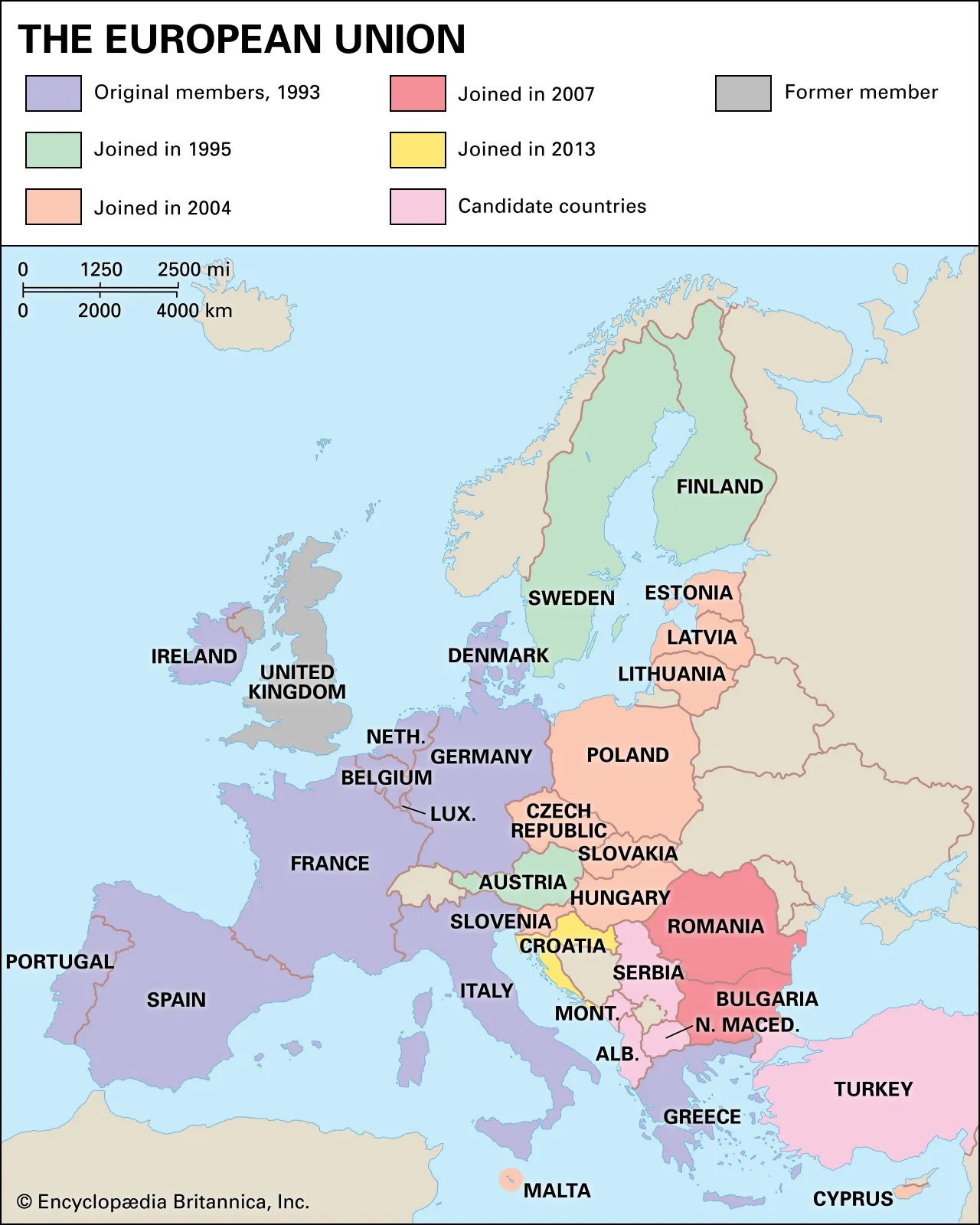Context:
Recently, the European Court of Justice (ECJ) struck down Malta’s controversial ‘golden passports’ scheme.
· Launched in 2020, the scheme allowed wealthy foreign nationals to acquire Maltese — and thereby EU — citizenship in return for substantial investments in the country.
About the scheme:
The Maltese initiative belongs to a broader class of legal arrangements known as Citizenship by Investment (CBI) and Residency by Investment (RBI) schemes.
· Often referred to as golden passports and golden visas, these programs allow affluent individuals from non-EU countries to obtain citizenship or residency in return for investments—typically in real estate, government bonds, or national development funds.
· According to a 2022 report by the European Parliament Research Service, between 2013 and 2019, over 132,000 people entered the EU through such schemes, contributing more than €20 billion in investment.
· Key beneficiaries have been nationals from China, Russia, and West Asian countries, which is more problematic for European nations.
Why Did the EU Oppose Malta’s Golden Passport Program?
· While EU member states have exclusive authority over the granting and revocation of their nationalities, the legal landscape shifted with the 1992 Maastricht Treaty, which established the concept of EU citizenship as a complement to national citizenship.
· This supranational citizenship comes with significant rights — including free movement, residency, employment across the EU, and the right to vote and run for office in European and local elections.
· The European Commission contended that the true allure of Malta’s golden passport scheme was not merely Maltese nationality, but the broader privileges of EU citizenship that accompanied it.
· Brussels viewed this as a commodification of EU citizenship, in violation of the principles of fairness, sincere cooperation, and non-discrimination as articulated in Article 4(3) of the Maastricht Treaty and Article 20 of the Treaty on the Functioning of the European Union (TFEU).

About European Union (EU):
The European Union (EU) is a unique economic and political union of 27 European countries, aiming to promote peace, stability, and prosperity through cooperation and integration.
· Established on November 1, 1993, in Maastricht, Netherlands, The EU operates under a complex system of treaties and has developed a single market, allowing for the free movement of goods, services, capital, and people within its borders.
What Did the European Court of Justice Decide?
The ECJ upheld the European Commission’s arguments, declaring that Malta’s scheme commercialized citizenship in a manner incompatible with EU treaties. The court emphasized that EU citizenship is not a standalone product to be sold, but an extension of a genuine and durable connection between an individual and an EU member state.
Conclusion:
Malta’s ‘golden passport’ program has now become a symbol of a broader debate within Europe — between economic opportunism and constitutional values. The ECJ’s verdict offers a clear message: the European Union will not tolerate the marketization of its citizenship, even if it means challenging the sovereign prerogatives of its member states.






